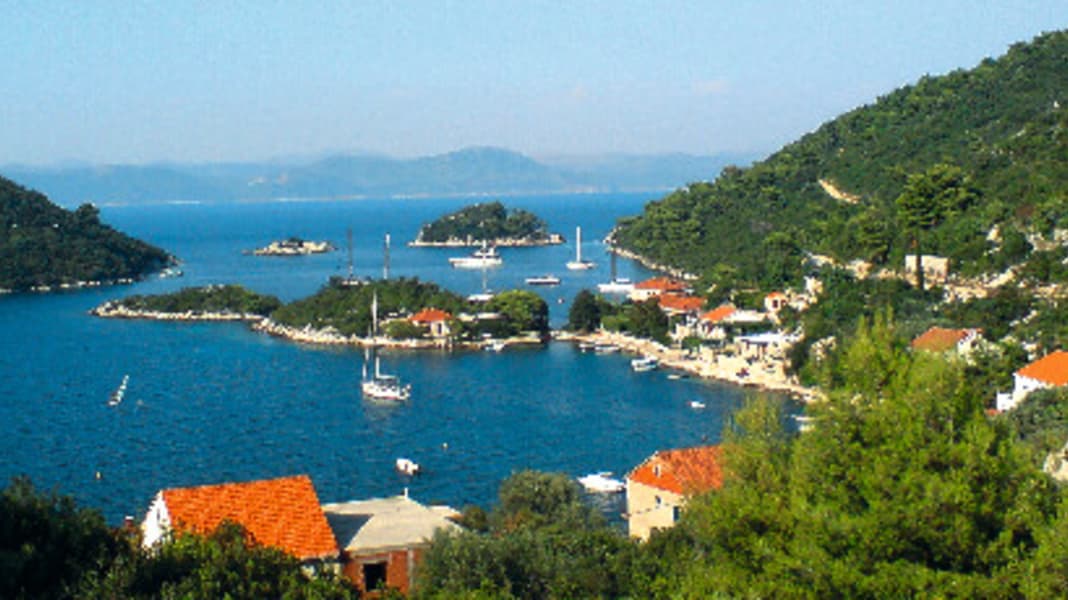
Since Sunday, 23 May, Croatia and Slovenia, a popular charter region on the Adriatic, have been included in the Robert Koch Institute are no longer classified as high incidence areas, but only as risk areas.
What now applies when travelling back to Germany?
This means fewer hurdles when returning to Germany from the two countries: although travellers returning from a risk area must also have a Entry registration fill in the form. However, the planned ten-day quarantine can be ended early if a negative test result is submitted via the entry portal. This can also be done before entering the country. The test must be carried out no later than 48 hours after the return journey. PCR and antigen tests are recognised, not antibody tests.
When returning from high-incidence areas, however, the quarantine can be ended after five days at the earliest with a negative test.
Fully vaccinated and recovered persons are not required to undergo testing and quarantine when returning from a risk area or a high-incidence area. Proof of this must be submitted before the return journey. This can also be done via the Online portal www.einreiseanmeldung.de.
What applies when travelling to Croatia and Slovenia?
The Federal Foreign Office (AA) provides information on its website on the current regulations for travelling to Croatia and Slovenia. According to the AA, the following applies when entering the two countries:
Croatia:
"We are currently warning against unnecessary tourist travel to Croatia. (...) Entry to Croatia is permitted with restrictions for all nationals of EU member states. Upon entry, travellers' contact details will be registered for the duration of their stay in Croatia. In order to avoid long waiting times when crossing the border, the Croatian Ministry of the Interior recommends that contact and residence details be registered in advance. online to be deposited.
The applicable Testing and quarantine regulations are also published in German by the Croatian Ministry of the Interior. Violations of the test and quarantine requirements will be penalised with a heavy fine."
Slovenia:
"Due to high infection rates, warnings are currently being issued against unnecessary tourist trips to Slovenia. (...) Germany is listed by Slovenia as a risk area ("red list"). Travellers from Germany are subject to a ten-day quarantine obligation when entering Slovenia. The quarantine can be shortened by a PCR free test at the earliest five days after it has been ordered.
There are exceptions to the above quarantine obligation. Travellers who can present a negative PCR test that is not older than 48 hours when crossing the border are exempt from the quarantine obligation. The test is recognised if it was carried out in an EU member state or in Norway, Iceland, Liechtenstein, Switzerland, the United Kingdom, Australia, Israel, Canada, New Zealand, Russia or the USA. An antigen test is not sufficient. PCR tests from Serbia and Turkey are recognised if entry is by air via one of the three airports Ljubljana, Maribor or Portorož.
Persons who have been vaccinated against COVID-19 or who have been infected with the SARS-CoV-2 virus in the past are also exempt from the quarantine obligation upon presentation of appropriate evidence."
